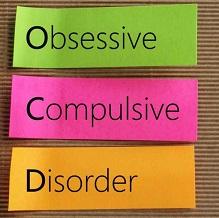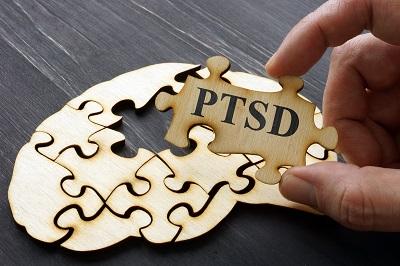ADAA Mental Health Blogs for the Public
An underappreciated tool for successful living is “The Art of Disengagement.” There is much literature around engagement and holding one’s ground, but disengagement often gets the short end of the stick.
It takes much skill, mental training and control to disengage. When your brain is sending you a signal “this is very critical to survival” it becomes hard to then note this as a false alarm. Choosing to attend to a different stimuli can feel like it requires a black belt in mental training.
Holidays often come with the pressure to entertain and be a “perfect” host. Being perfectionistic in the details of holiday planning, can ruin the fun for ourselves, as well as those around us. While most people are happy to be around friends or family, enjoying good food, drinks and the sight of kids opening gifts, for certain people, the thought of something being out of place, someone not getting their favorite dish or the decorations falling short, can cause significant feelings of distress. People who struggle with anxiety disorders, such as social anxiety or panic di
2 am Monday morning. I am awakened by the sound of my husband’s cell phone ringing. He doesn’t answer it and I reach for the light. The electricity is off. My throat feels raw and the air is thick with smoke. I leap out of bed shouting for Doug to wake up and my cell is ringing now. I answer it with one hand as I pull on pants with the other. Our friend Steve shouts in my ear, “Get out of there, right away!” “We are!” I answer.
Often patients, in the course of their treatment for OCD, will question whether they actually have OCD or not. This doubt feels different to them than the doubt arising from the intrusive thoughts that initially brought them into treatment. But this doubt about having OCD is OCD! OCD demands certainty and convinces the sufferer that bad things will happen if they’re not certain. The content of the intrusive thoughts is always irrelevant, but the content can distract patients (and sometimes clinicians) from dealing with uncertainty and risk.
There is no right way to handle trauma. Each individual moves at their own speed and has their own readiness to confront pain and suffering.
So, you’re a failure. Fine. Get on with your life! In my work as a psychologist treating anxiety disorders, I’ve learned that often an underlying driving fear in my patients is the worry that they are failures. (My patients and I use a more colorful term, but for editorial purposes I’ve changed the phrase.) They have intrusive thoughts that they have or will mess things up in some way and cause harm to themselves or others.














